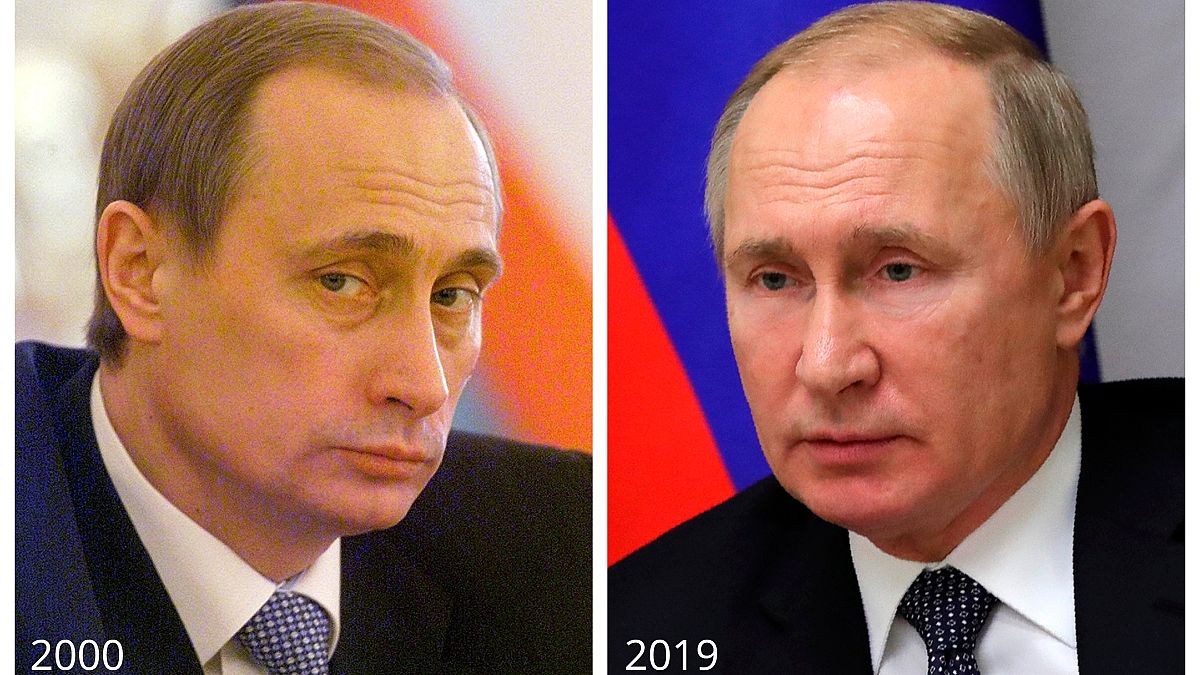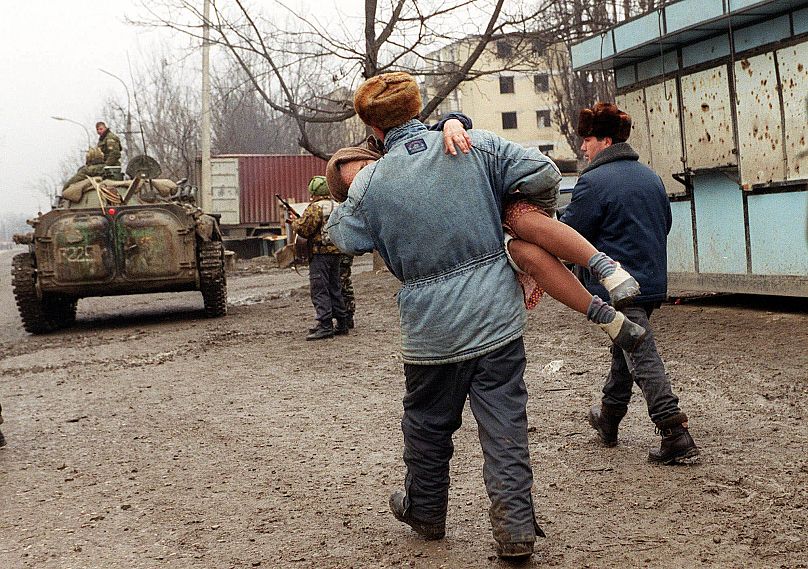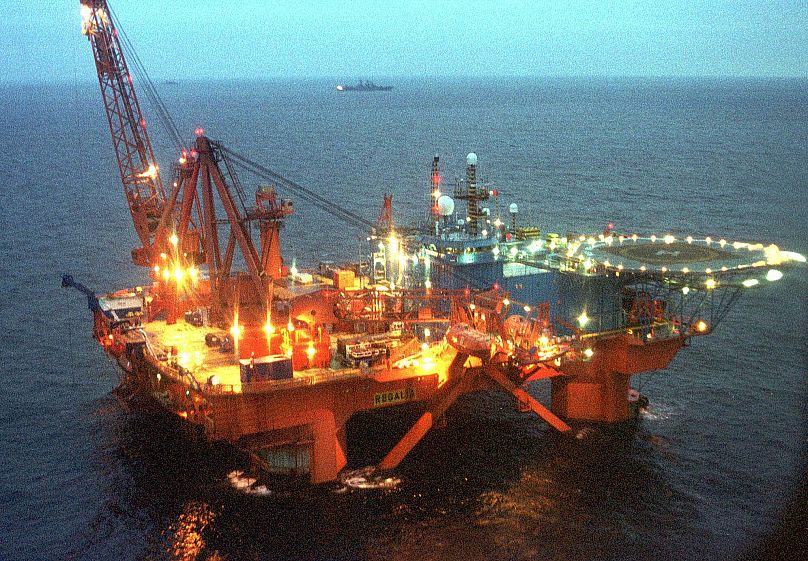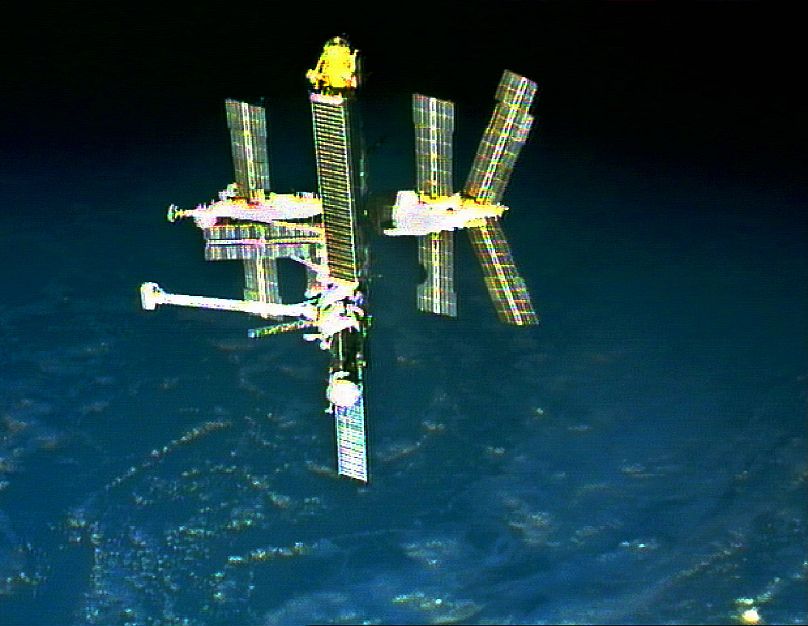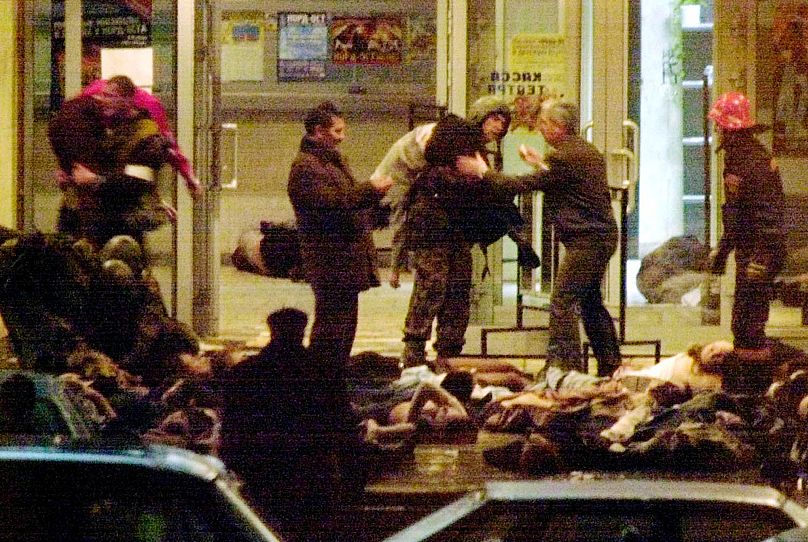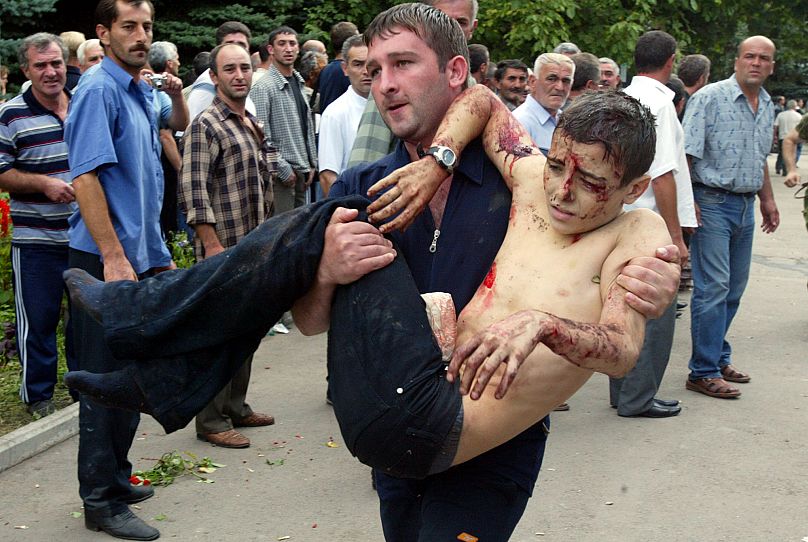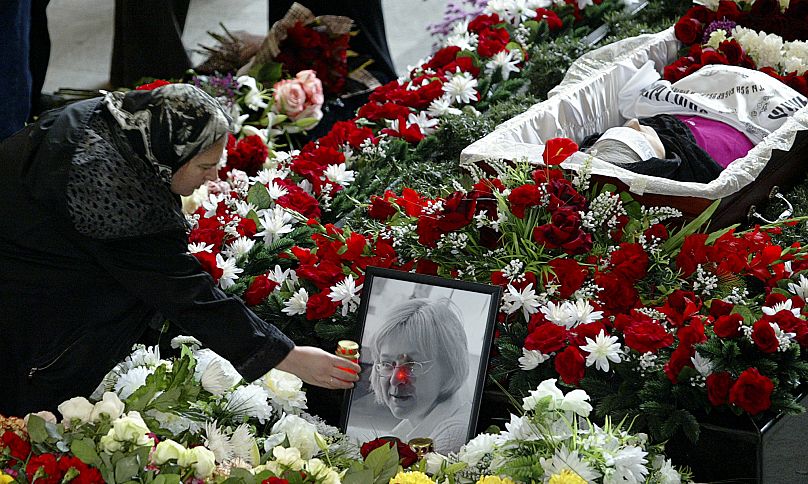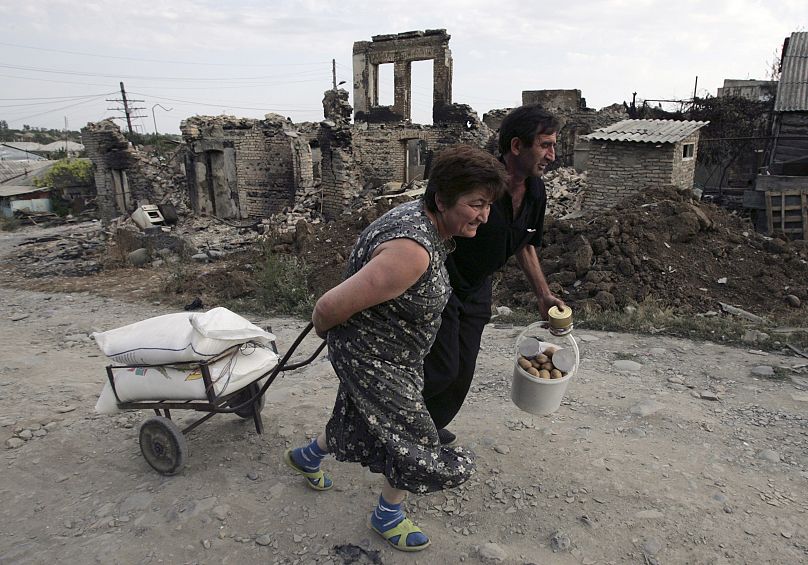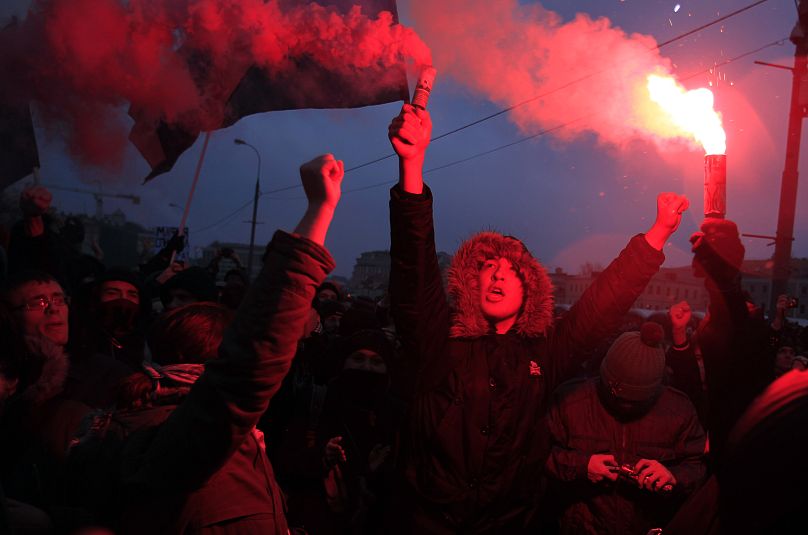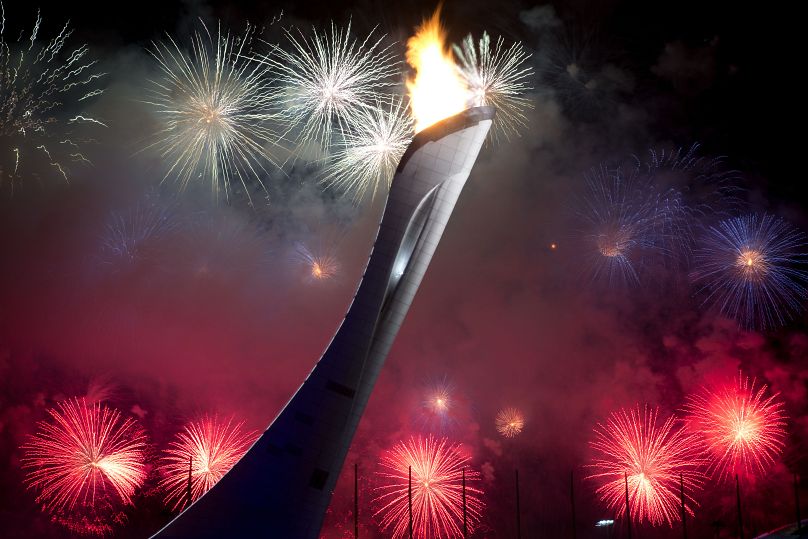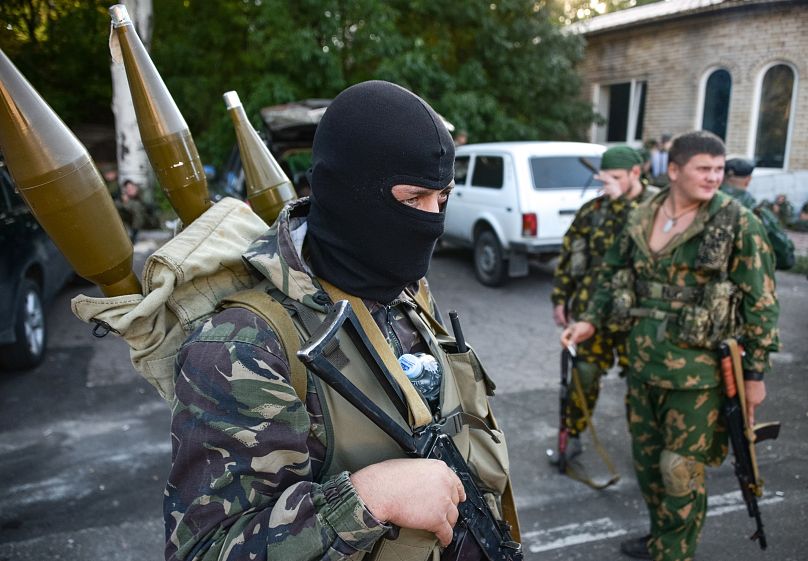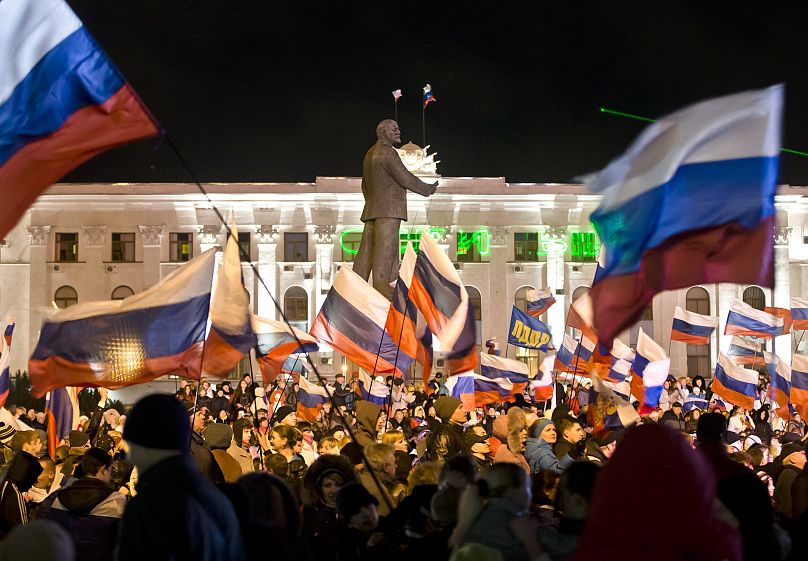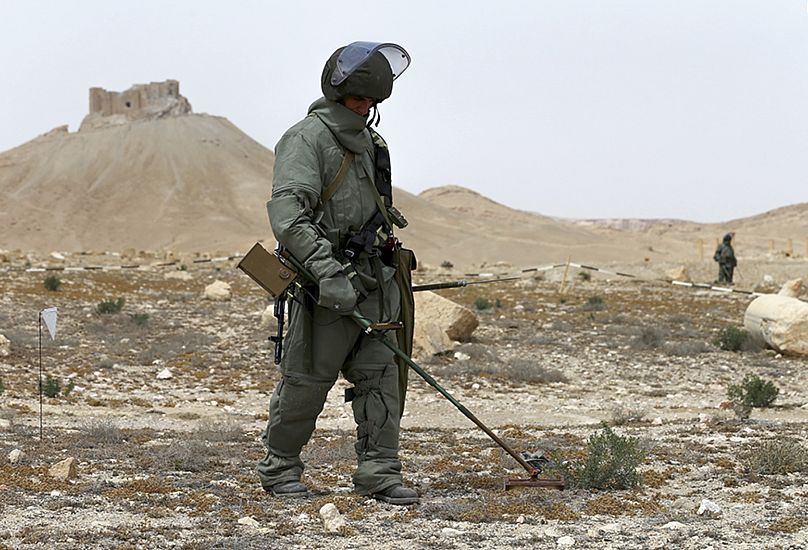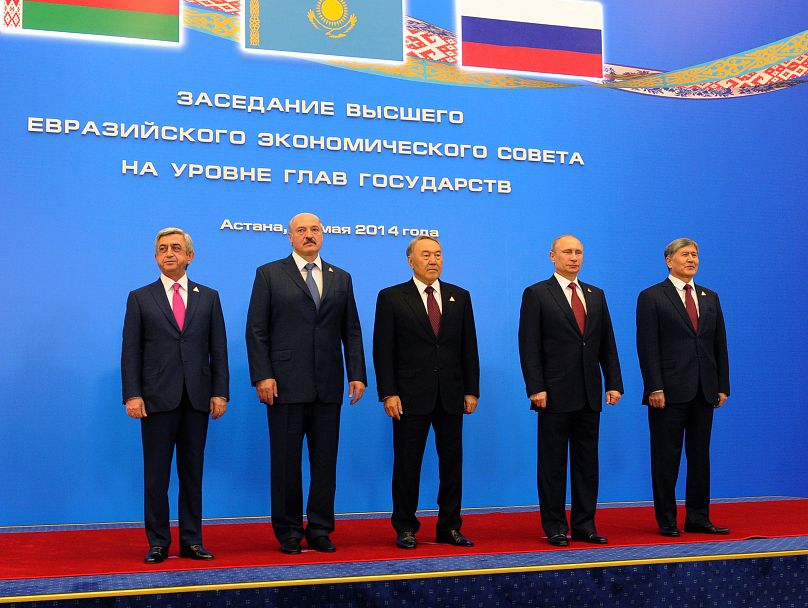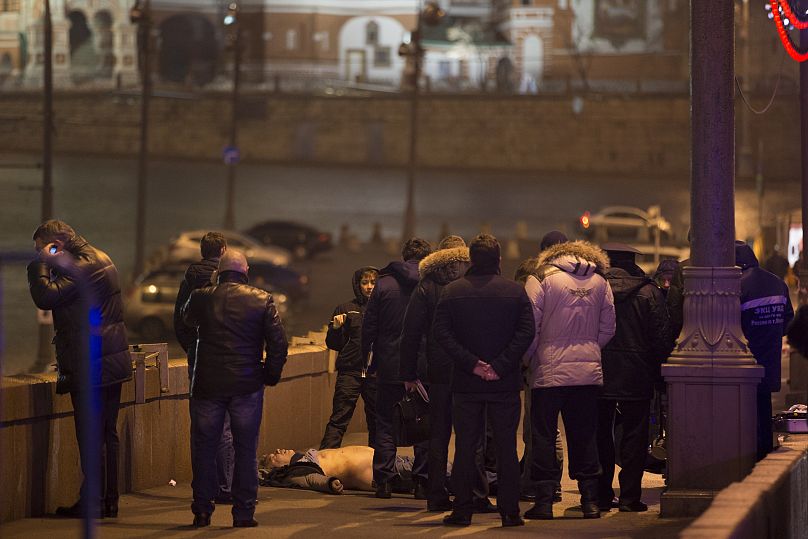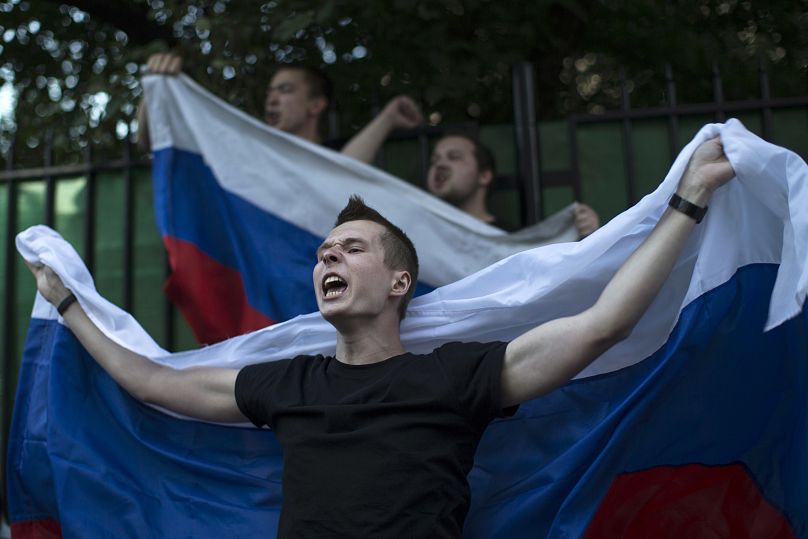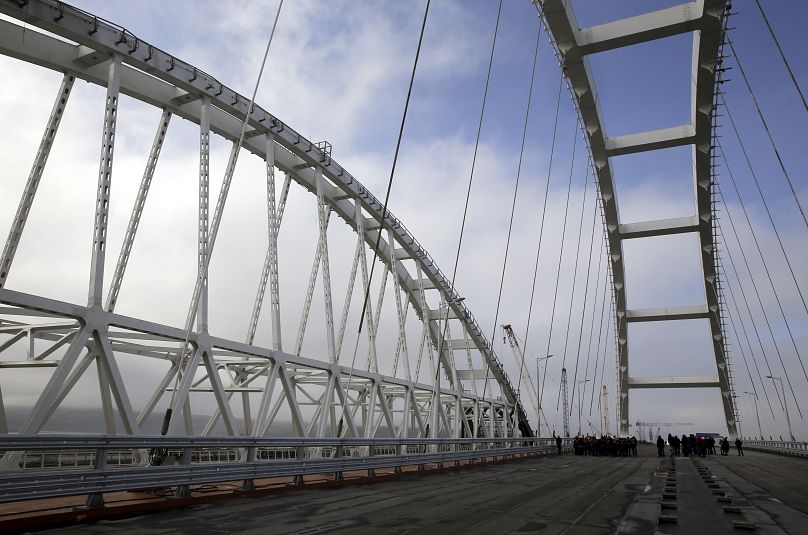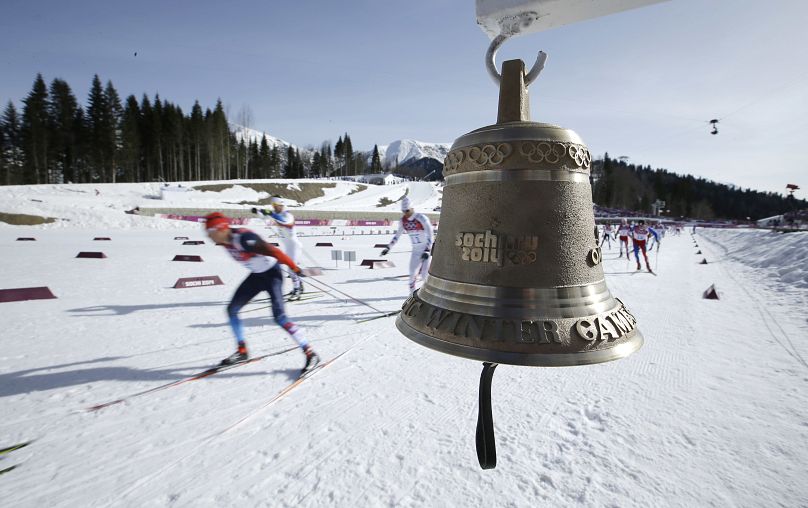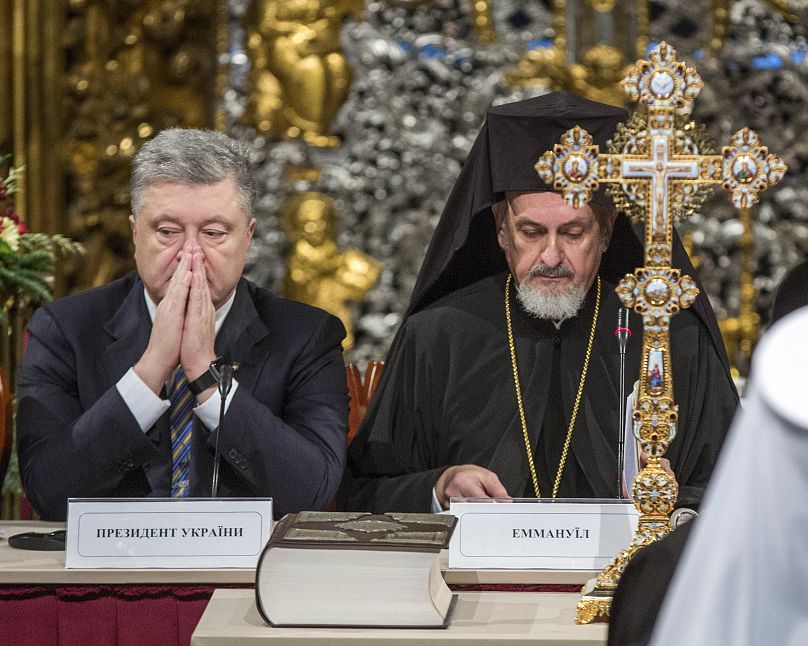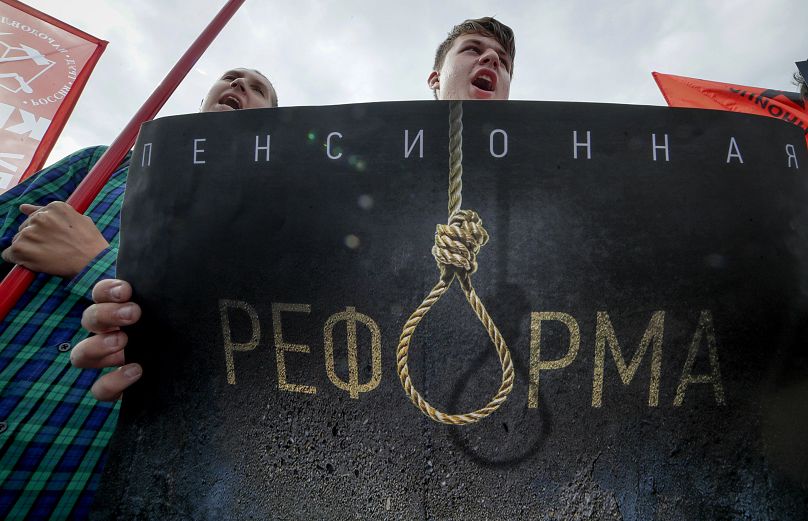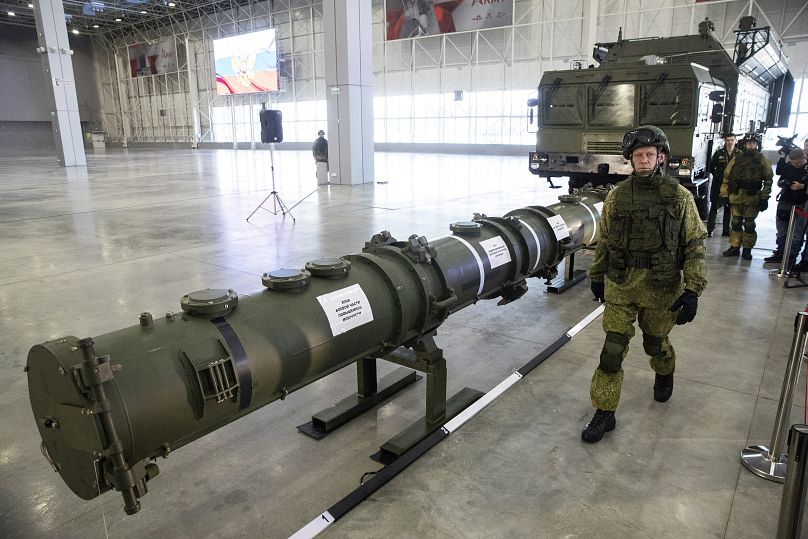From the Beslan school siege to the Sochi Winter Olympics, here are the main events marking Vladimir Putin’s 20 years in power.
Today (December 31) marks the 20th anniversary of Boris Yeltsin’s famous New Year message in which he announced his resignation and appointed Vladimir Putin.
Here are the main events marking Putin’s subsequent 20 years in power, which has seen him flit between being president and prime minister.
1. The end of the Second Chechen War
The Second Chechen War began in September 1999, but active hostilities took place in the first year of Vladimir Putin’s coming to power. Officially, the counter-terrorism operation (CTO) in Chechnya was ended only in 2009.
2. The ‘Kursk’ disaster
The Kursk nuclear submarine sank on August 12, 2000, killing 118 on board. The event became the largest disaster in the history of the Russian submarine fleet.
3. Deorbit of Mir space station
The Russian orbital station Mir crashed into the Pacific Ocean on March 23, 2001, in a planned manoeuvre. The station was in space for 15 years instead of the planned five and became the predecessor of the ISS. It was decommissioned because of deterioration, obsolete equipment and a lack of funds for its maintenance.
4. Dubrovka attack
The attack at the Dubrovka Theater Centre, also known as the Nord-Ost, lasted from October 23 to 26, 2002. A group of armed militants, demanding the cessation of hostilities in Chechnya, took 916 hostages. Eventually, 130 of them died, and more than 700 were injured, mostly in the botched rescue operation.
5. Beslan school siege
On September 1, 2004, militants seized school No. 1 in Beslan in North Ossetia, near the border with Georgia. As a result of the attack, 333 people were killed, including 186 children, and more than 800 people were injured. This is the deadliest attack in Russian history.
6. The murder of Anna Politkovskaya
Anna Politkovskaya, a journalist for the Novaya Gazeta newspaper, known for covering the events of the Second Chechen War, was shot dead on October 7, 2006, in the elevator of her own home. The murder was recognised as an assassination and the perpetrators received from 11 years to life imprisonment — but whoever gave the order was never found.
7. Russian-Georgian war
In August 2008, Russian President Dmitry Medvedev announced the beginning of an operation "to enforce peace". The war between Russia and Georgia in South Ossetia lasted five days. According to Tbilisi, more than 20,000 Georgians left South Ossetia as a result of the conflict. The UN General Assembly adopted a resolution calling for the protection of the right of all refugees and their descendants to return to the region. The conflict ended in the defeat of the Georgian army.
8. Winter protest
Massive protests in Russia began after the State Duma elections on December 4, 2011, which, according to the opposition, were held with significant violations. One of the most significant rallies on May 6, 2012, on Bolotnaya Square where tens of thousands of people gathered in a demonstration that ended in clashes with the police. Criminal cases were opened against some participants.
9. The Olympic Games in Sochi
The XXII Winter Olympic Games were held in Sochi, southern Russia. Russia won 29 medals, including 11 gold, taking overall first place.
10. Conflict in the East of Ukraine
The armed conflict in eastern Ukraine began in 2014 after mass protests over the signing of a strategic partnership with the EU and the overthrow of President Viktor Yanukovych. Pro-Russian separatists in the Donetsk and Lugansk republics, who disagreed with Kyiv’s policies, demanded autonomy from the Ukrainian authorities. Kiev and the West accused Russia of participating in the conflict. Russia denies these allegations.
11. The annexation of Crimea
On March 16, 2014, a vote was organised by Russia in Crimea on the status of the peninsula. 97% of the participants, according to official figures, voted to become part of the Russian Federation. Ukraine and most UN member states do not recognize the referendum and accused Russia of annexing Ukraine.
12. Military operation in Syria
Russia officially began conducting military operations in Syria on the side of official Damascus in September 2015. Experts believe that it was thanks to the Kremlin that Bashar al-Assad managed to maintain power and significantly weaken the terrorist groups and the opposition. The West accuses Russia of aiding the Assad regime and killing civilians during the fighting.
13. Creation of the Eurasian Economic Union
Russia, Belarus and Kazakhstan signed an agreement to establish the Eurasian Economic Union on May 29, 2014. States committed to guaranteeing the free movement of goods, services, capital and labour within their borders. Later, Armenia and Kyrgyzstan joined the EAEU.
14. The murder of Boris Nemtsov
Opposition leader Boris Nemtsov was killed with several shots in the back near Red Square in Moscow on February 27, 2015. The perpetrators of the crime were sentenced to long prison terms but whoever ordered the killing was never found.
15. World Cup
In 2018, the World Cup was held in Russia. The competition was hosted by 11 Russian cities, and the national team reached the quarter-finals. France won, beating Croatia 4-0.
16. Construction of the Crimea bridge
In December 2019, Russia completed the construction of a 19-kilometre bridge across the Kerch Strait, connecting Russia and Crimea, bypassing Ukraine. Kyiv and Western countries condemned its construction.
17. Doping scandal
In 2015, the World Anti-Doping Agency (WADA) accused Russian athletes of mass doping during the Sochi Olympics. As a result, the All-Russian Athletics Federation was disqualified. At the Olympic Games in Rio de Janeiro, the country performed in abbreviated form. At the 2018 Olympics in Pyeongchang, Russian athletes performed under a neutral flag.
18. Autocephaly of the Ukrainian Orthodox Church
The Synod of the Ecumenical Patriarchate of Constantinople granted the Ukrainian Church autocephaly in October 2018, and also removed the UOC from subordination to Moscow. In response, the Russian Orthodox Church announced the severance of Eucharistic communion with Constantinople, calling this decision politicised.
19. Pension reform
In June 2018, the government introduced a bill to raise the retirement age, which caused massive protests. On September 26, the State Duma adopted presidential amendments to the reform, raising the retirement age for women to 60, and for men to 65 years.
20. Expiration of the INF Treaty
Russia and the United States terminated their participation in the Treaty on the Elimination of Intermediate-Range and Shorter-Range Missiles, signed by Mikhail Gorbachev and Ronald Reagan on December 8, 1987. Shortly before leaving the INF Treaty, Donald Trump accused Moscow of violating the terms of the contract, including due to the development of the 9M729 ground-based cruise missile.
